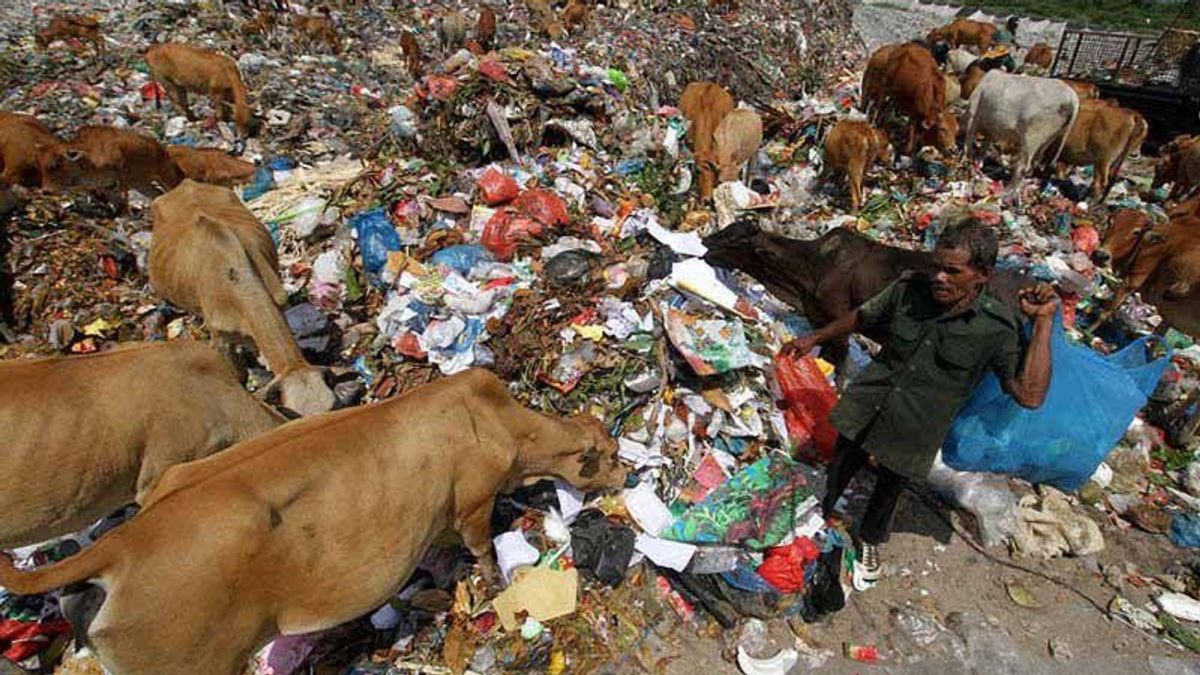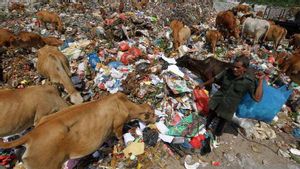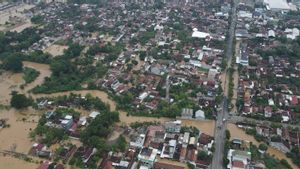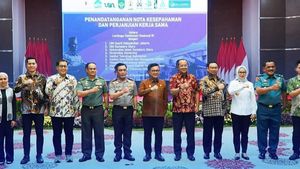JAKARTA - The Ministry of Environment and Forestry (KLHK) asked the public to reduce food waste in line with the increase in the incidence of food waste from about 20 percent per Ramadan. The increase in food waste is due to the consumptive behavior of the community.
"We invite the public to be an example, let's lead by example and also inspire starting from small things, starting from ourselves, from now on. Let's try to move (reduce food waste) in this month of Ramadan," said Director of Waste Reduction, Directorate General of Waste Management, Waste, and B3 KLHK Sinta Saptarina Soemiarno quoted by ANTARA, Wednesday, April 5.
Sinta said several regions had reported an increase in food waste, such as the city of Padang, which increased 5 percent compared to the previous month and the city of Surabaya, which since the beginning of Ramadan, waste transportation rose 200 tons to the final processing site or TPA.
"The number of people who continue to increase also has an impact on increasing waste and unfortunately it is not balanced with adequate waste management services, so that the TPA becomes overcapacity," he said.
According to Sinta, the incidence of food waste increased by about 20 percent per Ramadan due to the consumptive behavior of the people who were hungry.
This consumptive behavior has the potential to increase the amount of food wasted because it is not consumed.
"Actually, if the waste is not managed, it will not have a bad impact on the health of living things, it also has the potential for pollution and environmental damage and climate change," said Sinta.
另请阅读:
He further asked the public to actively sort and process waste independently.
"House of households from kitchens or dining tables are sorted so that inorganic and organic waste is not mixed," he said.
Inorganic waste can be deposited with waste banks near home to get rewards in the form of money, insurance, and so on.
Meanwhile, organic waste from food waste is processed into compost or distributed to integrated waste processing sites (TPST) to be used as fertilizer to biogas.
He said, if each household is able to process food waste independently, then the 10.92 million tons of organic waste will not end up at the TPA.
Thus, according to him, the activity of composing food waste can reduce greenhouse gas emissions by around 6.8 million tons of carbon dioxide per year.
"We encourage the housing community to be able to process food waste, because actually compost is very easy and useful," concluded Sinta.
The English, Chinese, Japanese, Arabic, and French versions are automatically generated by the AI. So there may still be inaccuracies in translating, please always see Indonesian as our main language. (system supported by DigitalSiber.id)


















